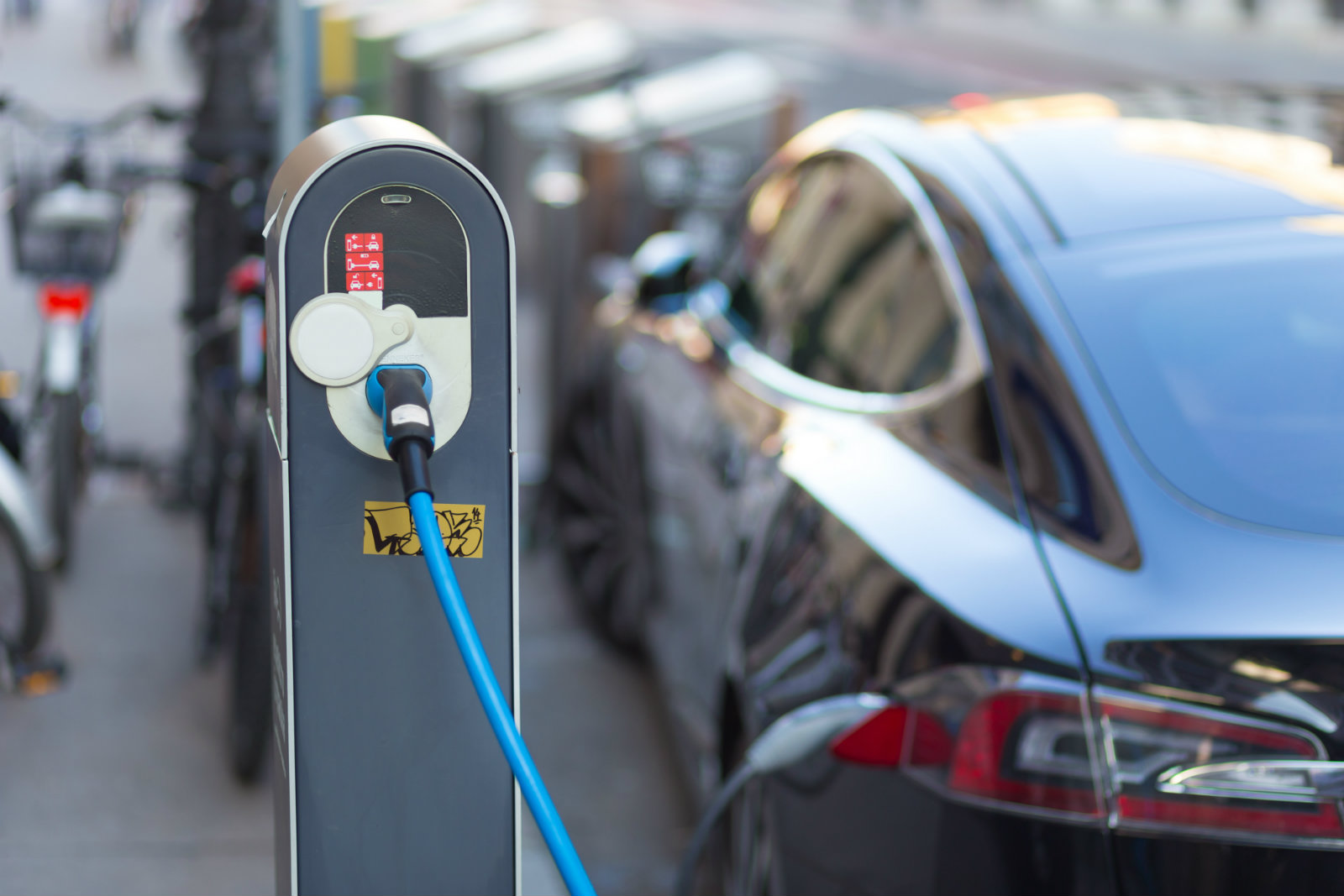It’s concern for our pockets rather than the environment that will instigate the switch to electric cars

It’s concern for our pockets rather than the environment that will instigate the switch to electric cars, Alexander Landia writes for the Financial Times. Electric cars are proving more cost-effective, Landia says, arguing that they can be cheaper to operate than their diesel counterparts (especially for high-mileage drivers such as taxis) and are expected to have better resale value in the long run, especially with more car makers entering the game. “Manufacturers such as Volvo and Peugeot are committing to offering hybrid versions of all their models. Volkswagen and BMW are developing electric-only cars…As more electric vehicles are sold, residual values of diesel and petrol cars will slide even more.”
Emerging markets are leading the way in the switch to electric cars, with China— the world’s largest market for electric cars since 2015 — spearheading the movement. Chinese manufacturers such as Geely “already have electric vans and buses in the market,” Landia says, because against popular expectation, “commuters in countries such as China will electrify more quickly. Small, low-powered electric vehicles, including two and three-wheelers, are ideal candidates for electrification because their light weight means they can run on comparatively cheap batteries.” Egypt has already caught the scent, with Revolta now building electric vehicle charging stations around the country and introducing the first batch of Tesla cars to the market this month. Trade and Industry Minister Tarek Kabil also issued a decision last month that allows imports of used electric cars that are less than three years old.